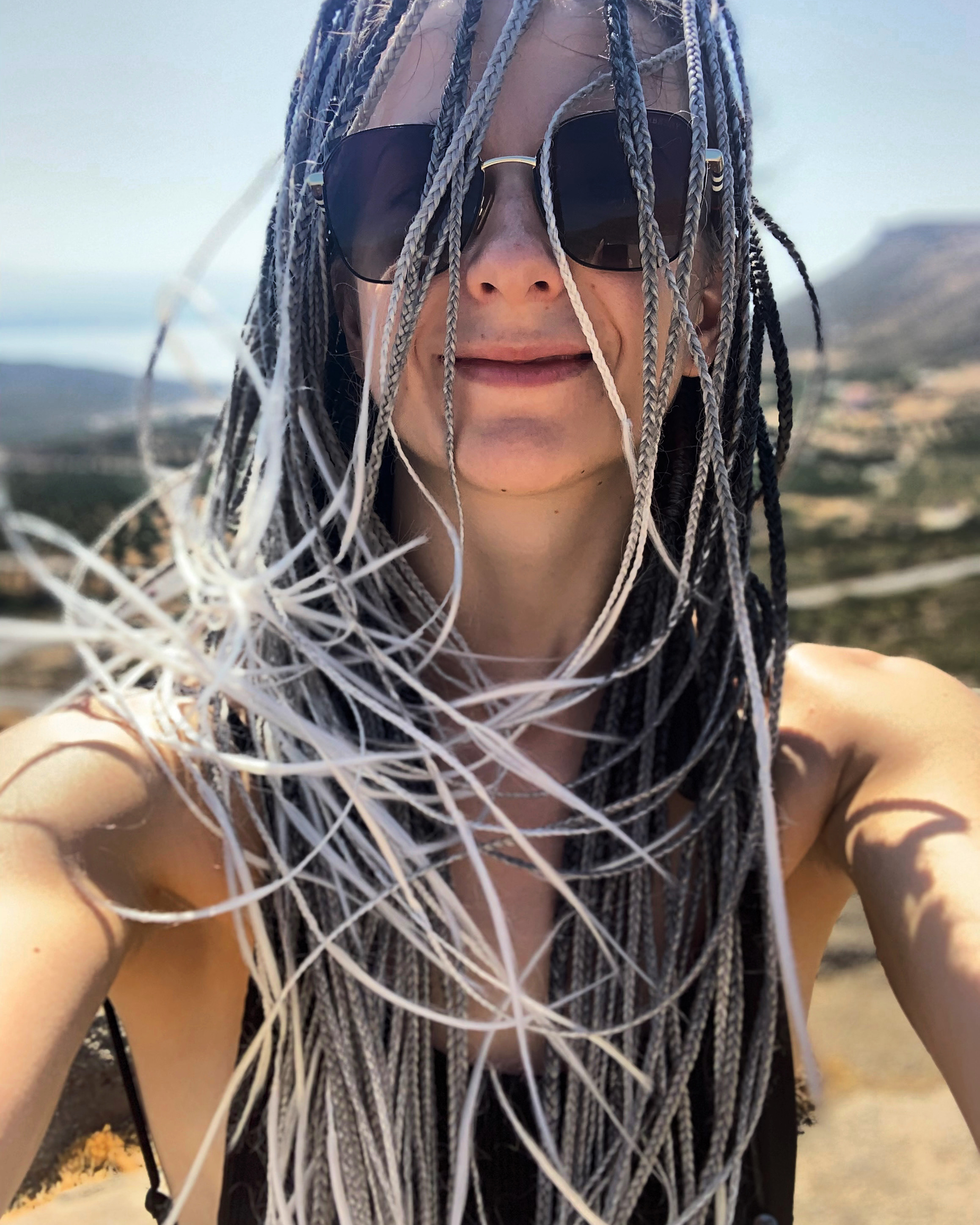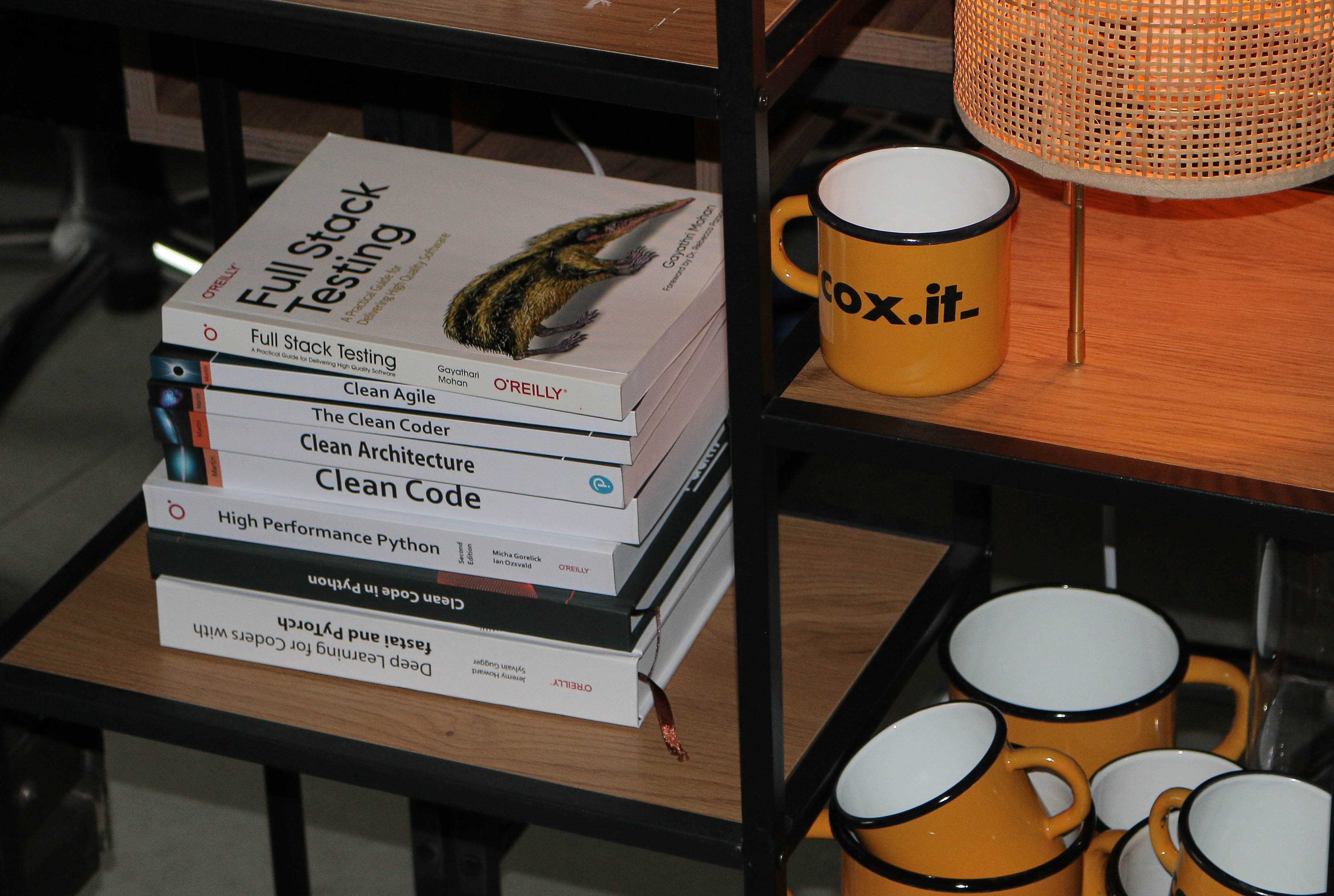Discover Useful Books, Tools, and Courses from 2023 — Engineering, Management, ML
 Iryna Mykytyn
Iryna Mykytyn
In this space, I will thoughtfully curate a list of resources that I read, watched, or used last year, which proved valuable in my professional journey. It's important to note that last year was a unique time when I balanced multiple roles, including company founder and CEO, engineering manager, and occasionally, backend engineer or DevOps on two of our AI and ML projects at COXIT.
Books
On Engineering
Hands-On Machine Learning with Scikit-Learn, Keras, and TensorFlow: Concepts, Tools, and Techniques to Build Intelligent Systems 3rd Edition - This book was an excellent resource for understanding the capabilities and limitations of machine learning.
Continuous Delivery: Reliable Software Releases through Build, Test, and Deployment Automation - This book is full of useful advice on CI/CD, branching, deployment, and release strategies. It helped me to see how to improve an existing CI pipeline on my previous Linux SDK project and made me feel more confident when creating a new CI from scratch for one of our new projects.
On Engineering Management
Startup CTO Handbook - I finally discovered the best practices and tools for API design in this book. OpenAPI, Spotlight, and Readme.com were exactly what I needed to make the API design quick and easy. This book covers everything from interviewing tech professionals to building your project's architecture. It's definitely interesting, not only for CTOs but for every Tech Lead.
Shape Up - It helped me see how to move the project forward when we reached a point with many unknowns.
System Design Interview - I read this book when I needed to interview for a position with system design responsibilities. But I found it helpful even as a guide on how to design systems, what questions to ask, and which aspects to consider.
On Company Culture
- It Doesn't Have to Be Crazy at Work -This book was a game-changer for me, arriving at the perfect time and emphasizing value delivery over just goals and numbers. It introduced the idea of treating the company as a product to help clients grow their businesses. By eliminating unnecessary processes and meetings, I adopted asynchronous communication, which proved effective. I highly recommend this book to tech founders or CEOs seeking to make an impact, build trust, and create a calm work environment rather than just chasing KPIs. It guided me in making COXIT a calm company.
Tools
Loom is a tool that made an async workflow very easy for my company and me. It made communication much more efficient. Other companies also mention this tool as helpful for their async workflows (read this Level article).
ChatCraft is an open-source project like Chat GPT, made for developers (GitHub repo). I liked it so much that I decided to contribute as a developer to that project. I found ChatCraft more useful than ChatGPT because it gives you much more customization options and access to all GPT models, so you can even use it for prompt testing. It also works better than GitHub's CodePilot (check out this Loom recording to see how I used it to generate unit tests (watch at 2x speed)).
Courses
I mainly concentrated on Machine Learning last year because I had to lead an ML project. Here's what was helpful on the ML topic:
Supervised Machine Learning: Regression and Classification course by Andrew Ng. It worked very well for me in combination with reading Hands-On Machine Learning book mentioned earlier.
Introduction to Machine Learning in Production. Also by Andrew Ng. Helped to understand how the ML project lifecycle might be different from the usual engineering lifecycle.
I've experimented a lot with OpenAI and Prompt engineering, as I believe everyone did this year, and I found these resources helpful.
Best Practices for Prompt Engineering with OpenAI API. The official documentation is always the best source of truth.
ChatGPT Prompt Engineering for Developers. It's an interactive course by the mentioned Andrew Ng. It helped me to structure all I learned intuitively by experimenting with GPT prompts.
Thanks for reading! It will be helpful to hear about books, courses, and tools you liked recently.
Subscribe to my newsletter
Read articles from Iryna Mykytyn directly inside your inbox. Subscribe to the newsletter, and don't miss out.
Written by
